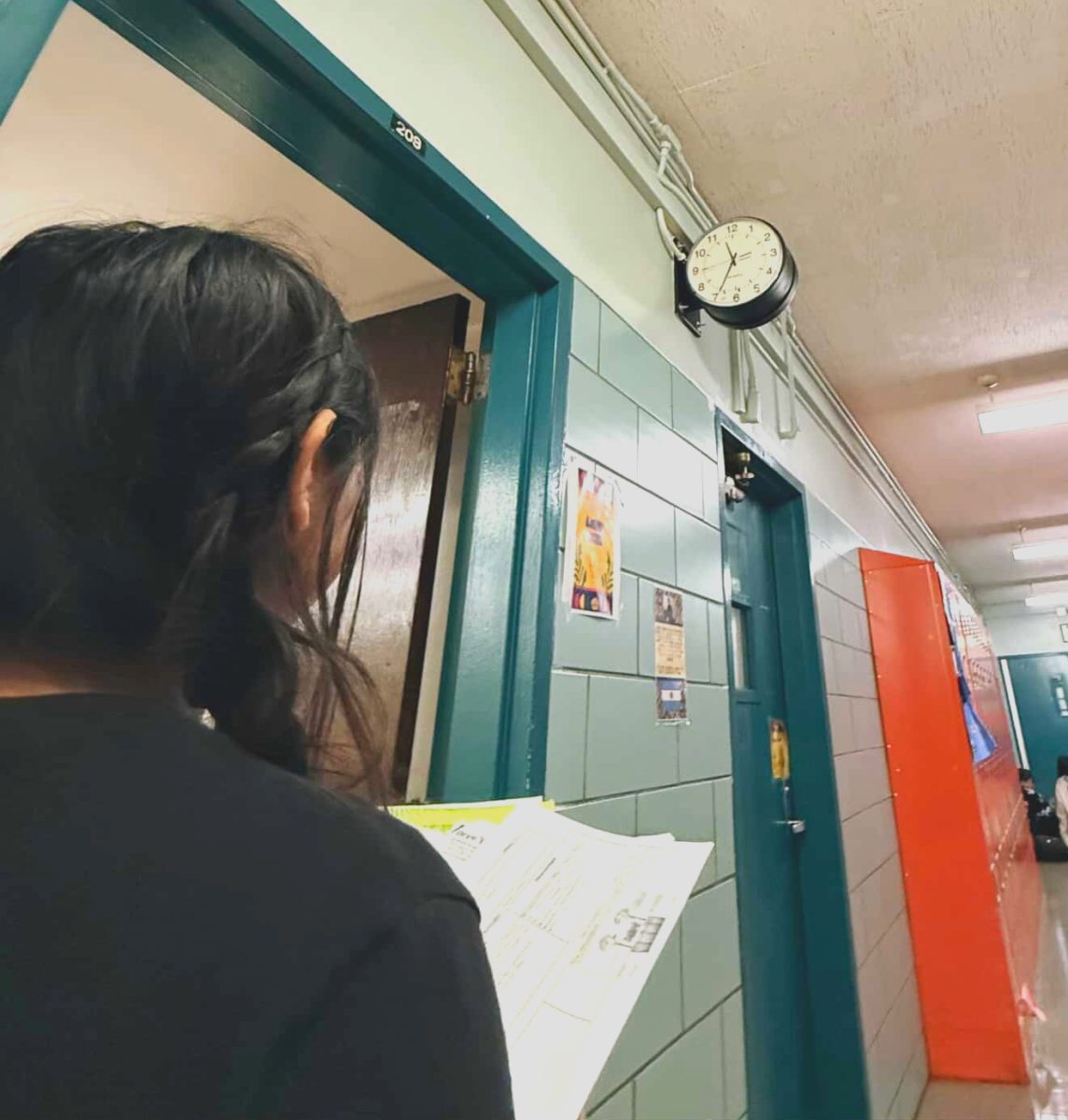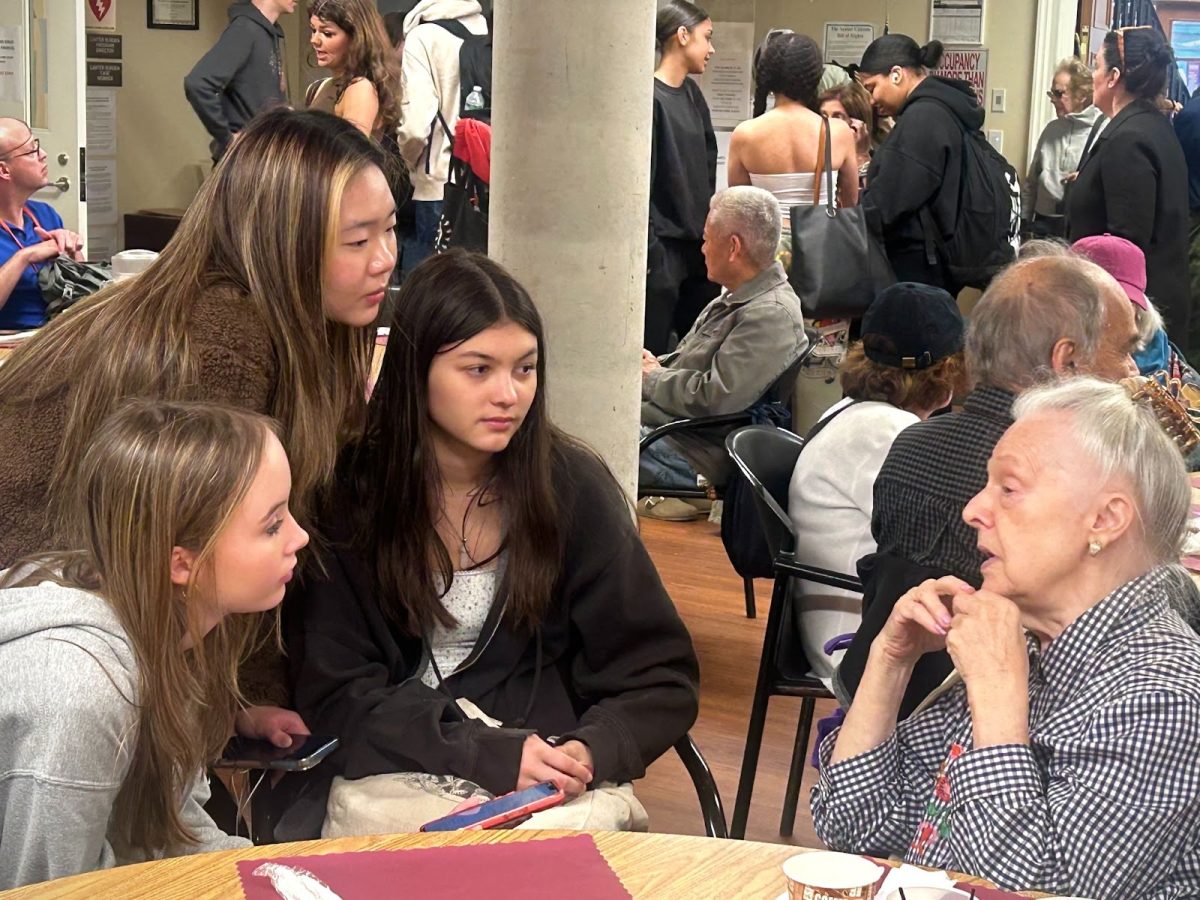Society is amidst a time of political discord, and the immense conflict within borders and internationally has left citizens globally in a tempest of confusion, fear, and anger. There is abundant war, political violence, and intra-national conflict around the world. This surplus of conflict which ranges from national freedoms to religious dissension, and so much more has caused a dramatic increase in emigration and abandonment of home nations to find peace and/or prosperity in a separate country. Additionally, the global climate crisis will begin to induce further mass displacement among coastal nations. It is abundantly clear that at this time there is a substantial need for immigration and the movement of people away from regions of violence, oppression, poverty, and societal unrest.

But this absorption of people into nations that can support them requires leaders’ compliance as well as an empathic outlook toward these desperate people, which many do not have. Nations who can afford to accept these populations in need are morally obligated to support them and integrate them into their society.
Wealthy and self-sustaining nations should accept refugees primarily due to a concern and desire to help alleviate the prevalent humanitarian crises among these nations. There are more than 110 armed conflicts at this time globally, ranging from civil war such as the ongoing Syrian Civil War, to international conflict like the Russo-Ukrainian war. Long and destructive wars such as these have caused tremendous exodus, putting wealthy nations in an immensely important position to support international citizens in need.
Furthermore, gang violence and trafficking have undermined economic growth and put the welfare of affected citizens at risk. Examples of this organized crime are in Haiti, Venezuela, and Afghanistan, all of which are cases that have caused severe poverty, while additionally creating some of the highest murder rates in the world and heavily increasing violence.
Many seek asylum to escape the brutality and violence they are surrounded by, but a large number of migrants seek financial help. It should be a similar level of priority to support the surplus of starving and sick people as it is to support those escaping violence. According to the United Nations Refugee Agency, “By May 2024, more than 120 million people were forcibly displaced worldwide as a result of persecution, conflict, violence or human rights violations.” This statistic shows the inconceivable number of displaced citizens who require support from thriving nations, yet according to Human Rights First, in the United States, “significantly more than 80 percent were denied asylum.”
This disregard for these large groups of people put millions of refugees in an extremely precarious position, with many being forced back to their homeland, where they will continue to suffer from violence, persecution, and poverty. It is clear that there is a crisis at hand, as we are witnessing the highest levels of displacement ever recorded, but many of the nations that have the capacity to take in these populations are headed in the wrong direction, with stricter border laws that are denying many refugees asylum.
There are levels of complexity to this beyond the affected populations. Nearby nations are given a greater strain due to the rejection of refugees in other countries, leading to immense overpopulation in countries bordering warring states. There is a need for an improved system and greater integration of refugees into nations that can support them, and this change must be a priority.
In addition, there needs to be reform in the ideology and definition of a refugee. The United Nations states, “A refugee is someone who has been forced to flee his or her country because of persecution, war or violence.” This description is clear in its message that escaping violence or persecution is the defining factor that makes somebody a refugee. While supporting and protecting foreign people who face violence in their homeland is a priority, there is an overabundance of impoverished people living in nations riddled by poor leadership, disproportionate power in the hands of cartels and gangs, and insufficient recovery from conflict. These citizens have fallen victim to a vicious system that makes success and financial comfort nearly impossible to obtain. Examples of this are in Latin America and Africa where gang and tribal violence, and misguided leadership, have created extreme poverty and economic failure.
These financial difficulties certainly do not stand as a problem from only a view of lack of comfort and wealth, this nationwide destitution that occurs is a self-sustaining cycle. It leads to poor healthcare, conflict over limited resources, and poor infrastructure, which all only amplify the present difficulties at hand. This poverty causes severe health issues, with lifespans in some of the poorest countries reaching the low 50’s. Furthermore, according to the World Health Organization, 1 in 5 people living in Africa suffer from hunger due to abundant systemic poverty in these nations.
Most importantly, according to the definition of a refugee, these people around the world with very little healthcare and severely limited resources do not qualify for asylum in other countries, and as such, they must apply for immigration. However, due to the restrictive criteria of many nations, it is extremely difficult to find a legal pathway into a nation as a migrant. There is a necessity for greater inclusivity regarding refugees, allowing for people in nations of extreme poverty, who require financial support or better healthcare to get the help they need.
There is, additionally, an enormous misconception that migrants negatively affect the economy and quality of life in the countries they migrate to. This has been disproven countless times and contrarily, immigrants enhance the economic state of their host nation significantly. This narrative is told across many powerful nations but is most famously known in the U.S. As of late, immigration reform has been the most pressing political issue in the United States, with both political parties agreeing the southern border needs to be rectified. This being said, many who identify with the Republican Party, have a much more severe outlook, stating the border should be shut down entirely, suggesting even that refugees must look elsewhere to find safety.
This negative outlook is backed by broad statements in opposition to migrants. For example, President Donald J. Trump said, when referring to Haitian immigrants, “They’re poisoning the blood of our country.” This extremist view is based on inaccurate data and carries severely racist undertones, causing some of the most powerful people in the world to make such broad statements against other nations.
What’s more, there is data that completely refutes this ridiculous idea that migrants are destroying nations, and demonstrates they are actually supporting them in significant ways. According to USAFacts.org, “Immigrants make up over 19% of the U.S. workforce.” This contribution to our economy is incredibly valuable, as immigrants are often forced to do difficult labor which most natives are unwilling to do, and for little pay due to their lack of experience and connections in the U.S. In addition, according to the Center for Migration Studies, mass deportation and closed borders, “would plunge millions of U.S. families into poverty” and “GDP would be reduced by $4.7 trillion over 10 years.”
These statistics directly reveal the vital role immigrants play in the U.S. economy, as they do globally. Almost all major economists say that immigration is beneficial for nations and helps support the growth and innovation of the receiving countries. A final statistic from Itep.org shows that in total, undocumented immigrants alone pay over $96.7 billion in federal, state, and local taxes, which is almost 5% of taxes paid in the U.S. compared to their populations making up around 3% of the total U.S. population. It is time for this fallacy that migrants are wrecking their country of destination to be removed from the minds of the world’s political leaders. Instead these people in power must see what they have to offer, recognize what immigration has done for nations globally, and reform a system that currently works against people who serve as integral cogs in their country’s economy.
At a time of mass migration and displacement around the world, this is when nations can step up and provide these victims of circumstance with stability and safety. Witnessing a period of greed and an entire lack of both humanity and benevolence, has further highlighted the unethical and corrupt system taking hold of some of the most powerful and wealthy nations of this century. As conflict arises globally, the climate crisis is exacerbated, and poverty sweeps the world, the people in power will prove to be either the saviors or destroyers of our world.
We, as a society, cannot afford to be controlled by selfishness or be motivated by only prosperity for ourselves. By looking out for others, we are preserving the essential people who serve humanity in a plethora of ways. Dozens of nations have the economy, infrastructure, and government to sustain refugees and maintain greater inclusivity when making decisions regarding migration. Awareness of the needs of these populations must be increased, and a more compassionate outlook must be achieved, so that during this complex time with so many difficulties, affected people can more easily integrate, and create a better life for themselves.




























